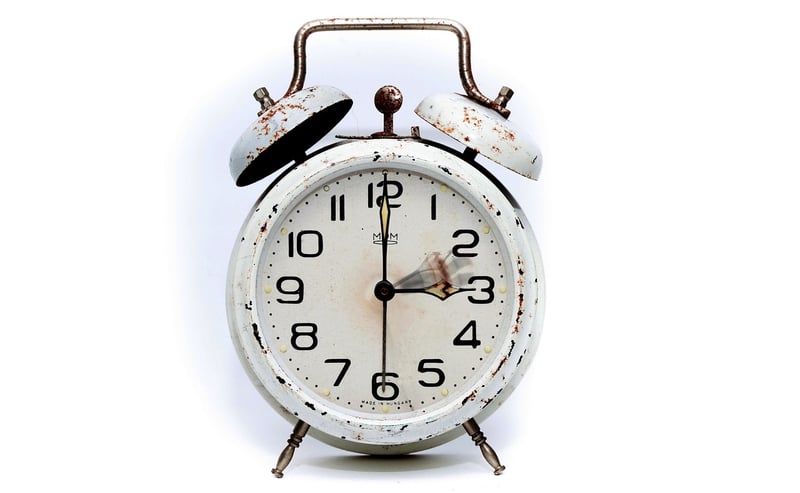Temporal Modifiers
Tools for Time Travel and Temporal Modifiers
Introduction
Time travel has been a fascinating concept in science fiction for decades. While the idea of traveling through time remains theoretical, various devices and concepts have been explored in literature, movies, and TV shows. Let's delve into some of the tools for time travel and the concept of temporal modifiers.
1. Time Machine
A time machine is perhaps the most iconic tool for time travel. Popularized by H.G. Wells' novel "The Time Machine," this device allows individuals to physically travel to different points in time. While no practical time machine exists, the concept continues to capture the imagination of many.

2. TARDIS
Featured in the long-running TV series "Doctor Who," the TARDIS is a time machine that resembles a British police box on the outside but is much larger on the inside. It can travel to any point in time and space, making it a versatile tool for the Doctor and companions.

3. Flux Capacitor
In the "Back to the Future" movie series, the flux capacitor is the key component of the DeLorean time machine. This fictional device allows the vehicle to travel through time when it reaches 88 miles per hour. The concept of the flux capacitor has become iconic in popular culture.

Temporal Modifiers
Temporal modifiers are elements that can affect the flow of time or alter temporal events. These modifiers often serve as plot devices in time travel stories, adding complexity and intrigue to the narrative.
1. Time Loops
A time loop is a phenomenon where a certain period of time repeats itself, trapping characters in a cycle of events. This concept is explored in movies like "Groundhog Day" and TV shows like "Russian Doll," adding a unique twist to the time travel narrative.
2. Alternate Realities
Alternate realities or parallel universes are often depicted in time travel stories. Characters may inadvertently create a new timeline or universe by altering past events, leading to divergent paths and intriguing storytelling possibilities.
3. Time Dilation
Time dilation is a concept from Einstein's theory of relativity, where time passes at different rates for observers in motion relative to each other. This phenomenon is often used in science fiction to explore the consequences of traveling at near-light speeds or near massive objects.
Conclusion
While time travel remains a theoretical concept, the tools and temporal modifiers explored in science fiction offer a glimpse into the possibilities and challenges of navigating the fourth dimension. Whether through a time machine, a TARDIS, or a flux capacitor, the idea of exploring the past, present, and future continues to captivate audiences around the world.
